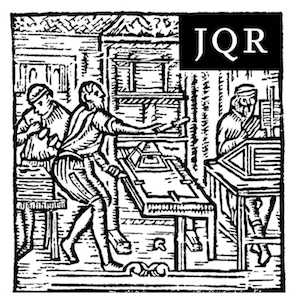Telling Tales, Rabbi-Style
The rabbis have a deep distrust of individual authority, deferring to the rabbinic collective, for example, and not the inspired prophet. Even individual rabbinic authority is rhetorically mediated in the corpus through meaning-conferring, and meaning-controlling, layers of paideia and performed deference to previous authorities, inherited wisdom, and the sacred text.
